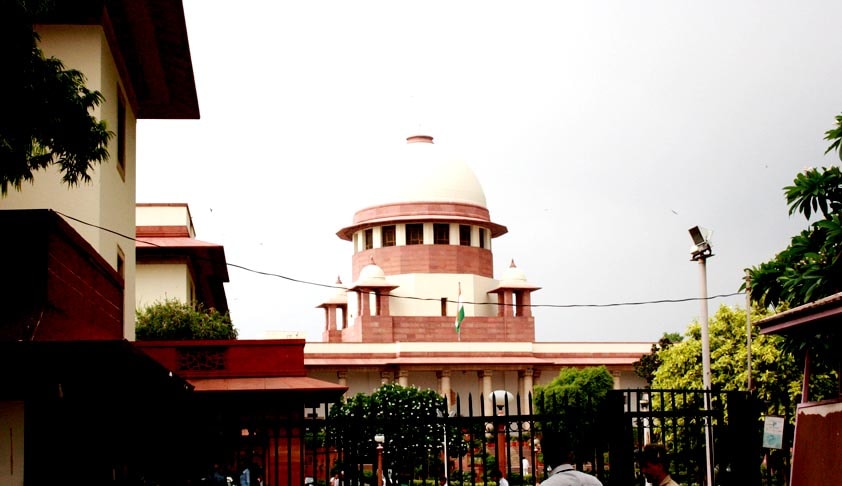SC Upholds Constitutional Validity Of Sec. 35F Of Central Excise Act
Vanita Bhatnagar
14 April 2017 6:12 PM IST

Next Story
14 April 2017 6:12 PM IST
The Supreme Court has dismissed a special leave petition (SLP) filed in the matter of Satya Nand Jha vs Union of India challenging the constitutional validity of Section 35F of the Central Excise Act, 1944.A bench comprising Justice Madan B Lokur and Justice Adarsh Kumar Goel dismissed the SLP and upheld the constitutional validity of Section 35F as held by the Jharkhand High Court.In the...
